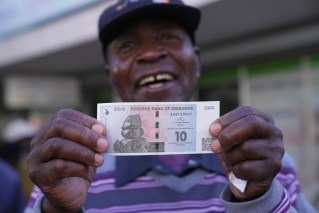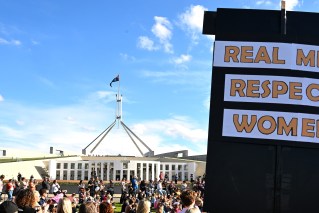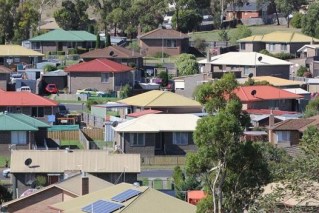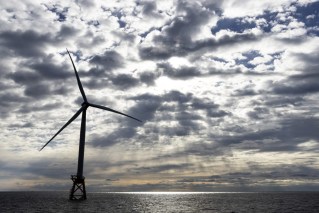Power price surge confirmed but government says it could have been worse
Power bills will surge by up to $600 annually for hundreds of thousands of Australian households under a new ceiling electricity price.

Australia's power price regulator said high wholesale energy costs continued to drive up retail electricity prices.
The default market offer, determined by the Australian Energy Regulator, fixes the maximum price retailers can charge customers in NSW, South Australia and southeast Queensland.
From July 1, residential customers will see price increases of 19.6 to 24.9 per cent, depending on their region.
In southeast Queensland, customers could end up paying an extra $402, while for NSW customers he default offer can expect to see prices rise by $440 to $594 annually.
About nine per cent of customers are charged the default market rate, which effectively acts as a safety net to ensure domestic users are not charged excessive amounts.
Most customers are on lower, discounted rates, but the default offer also serves as a benchmark for wider prices.
The regulator said high wholesale energy costs continued to drive up retail electricity prices.
Australian Energy Regulator chair Clare Savage said the agency considered the cost-of-living pressures faced by households and businesses, as well as the need for retailers to recover their costs.
“That’s why it’s important the (default offer) provides a safety net for those who might not have shopped around for a better power deal,” she said.
“No one wants to see rising prices and we recognise this is a difficult time, that’s why it’s important for consumers to shop around for a better deal.”
The federal government wasted no time clarifying that its interventions in the energy market, including price caps on wholesale coal and gas, were insulating customers from even higher energy bills.
Government modelling suggests the market interventions have shaved $492 off the default offer price for residential customers and up to $1,310 for small businesses.
Energy Minister Chris Bowen said customers were facing price rises of between 40 and 50 per cent before the government took action.
“These are big increases, but as the regulator made clear, without the intervention of the Albanese government they would have been much bigger,” he said.
The head of the energy regulator also confirmed the price caps had kept prices under control.
Savage told ABC radio also some households would be eligible for energy rebates co-funded by state and federal governments, although she was unable to advise how many on the default offer were in line for rebates.
The federal government committed $3 billion towards direct energy price relief in the May budget.
But the opposition has already attacked the government for failing to bring down energy prices.
Energy spokesman Ted O’Brien said the government couldn’t claim the lower-than-forecast increase as a win after Labor came to power promising cheaper electricity bills.
“When the government says it could have been worse, it’s the government comparing its set of dumb policies now to its really dumb policies only a few months ago,” O’Brien said.
Bowen said the government had not given up on its pledge to reduce power bills by $275 by 2025.
“I will not walk away from efforts to reduce power prices by rolling out more renewable energy, because renewable energy is the cheapest form of energy,” he said.
The Greens welcomed the government’s interventions but said they needed to go further on the gas tax changes for giant energy companies and use the added revenue to help struggling Australians.
Greens MP Max Chandler-Mather said gas corporations needed to be slapped with a windfall tax.
“There’s a question of winners and losers,” he told reporters in Canberra.
“The biggest winners are the gas corporations, making billions of dollars in wartime profits and continuing to drive up the price of energy bills for people across this country.”
The default market offer price changes come into effect on July 1.












